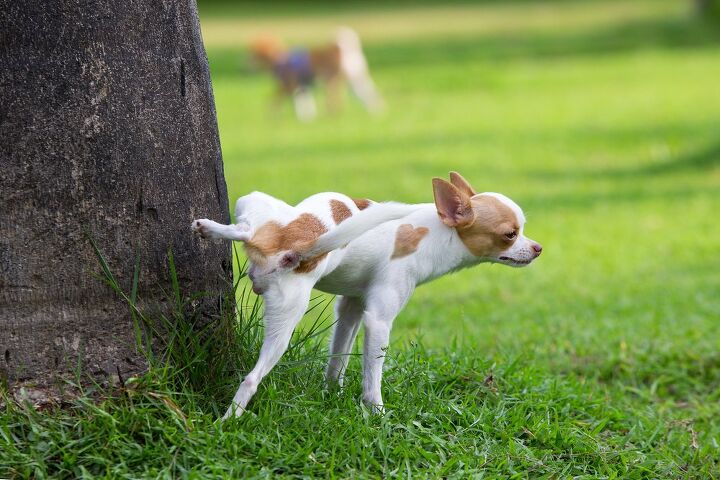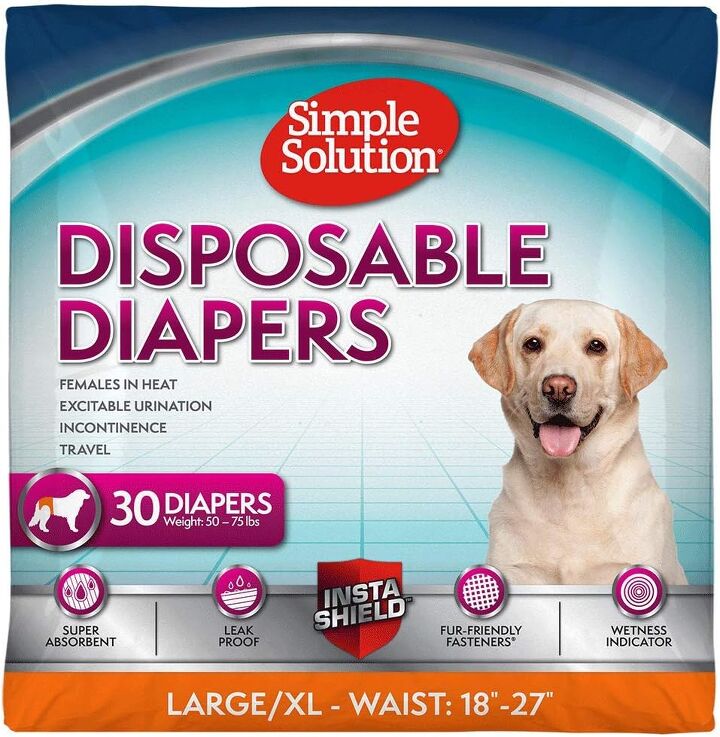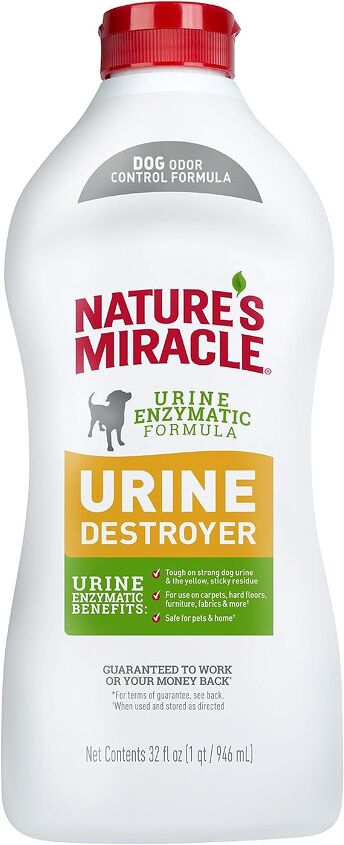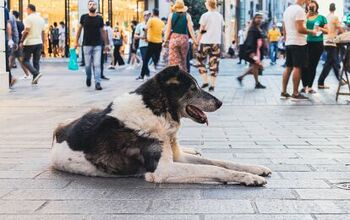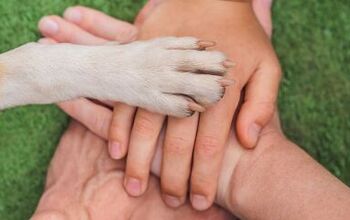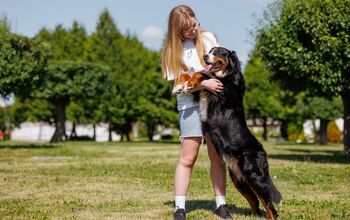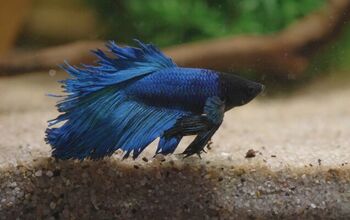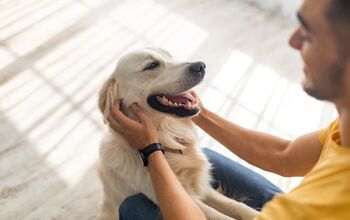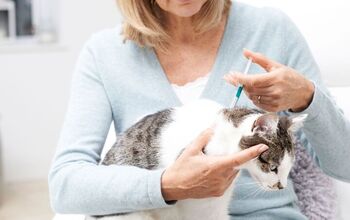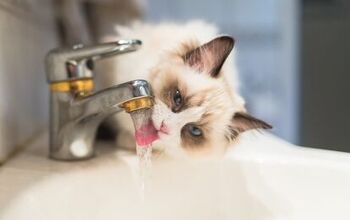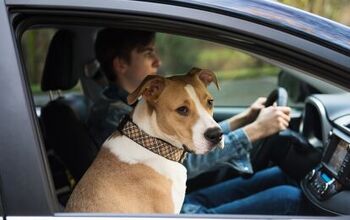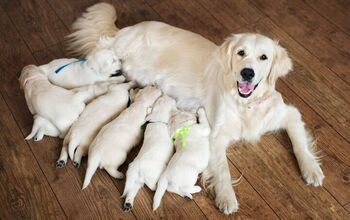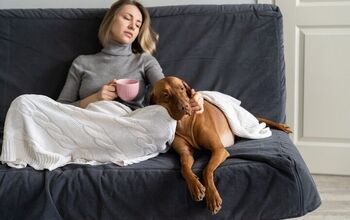How Often Do Dogs Need to Go Out to Pee?

When nature calls, dogs answer. And when dogs answer, so do you – by taking them outside to do their business. In other words, if you have a potty-trained dog, they will rely on you to know when their bladder is full or at least to take them out frequently enough so it doesn’t get full in the first place. This leaves most owners with the question – how often do dogs need to go out to pee? You don’t want them to have an accident inside the home but you probably don’t want to take them out for a walk every hour or so (even if you did have the time for it) so it’s important to find the right balance. Here’s what you need to know so you can make it work for you and your dog.
How Often Do Dogs Pee?
The frequency at which dogs need to go out to pee can vary depending on several factors, including their age, breed, size, activity level, and overall health. In general, you can use the following guidelines as a starting point, but it's important to pay attention to your individual dog's needs and adjust accordingly. Sometimes, it’s enough to just observe the signs your dog gives you, like nudging you or standing by the door. But at other times, it requires a bit of “intervention”.
When it comes to the connection between a dog’s age and their peeing habits, the younger the pooch, the more they need to go out. Puppies have smaller bladders and higher metabolisms, so they typically need to go out more frequently. A general rule of thumb is to take a puppy out every 1 to 2 hours, especially after eating, drinking, playing, or waking up from a nap. Make sure to let them know why you are going out so they’ll gradually relate walkies with peeing time.
Adult dogs, on the other hand, can usually hold their bladders for longer periods. Most adult dogs need to go out every 4 to 6 hours. Some larger breeds may have more bladder capacity and can hold it longer, while smaller breeds may need to go out more frequently, so have that in mind too. Of course, as dogs age, their ability to hold their bladders may decrease. Senior dogs may need to go out more frequently, potentially every 3 to 4 hours. What is more, some senior dogs may suffer from incontinence, meaning that they can’t really control when or where they pee. In this case, you could use disposable dog diapers until their condition improves or in periods when you’re not there to take them out more frequently and prevent accidents.
Of course, if accidents do happen – it’s not the end of the world. There are many potent dog urine cleaners and odor removers that work wonders on stains and remove any lingering smells from your pet’s pee, whether it ended up on the carpet, hardwood floors, or tiles. Some, like this tough urine remover formula, can also be used on furniture as well, so you’ll be covered in any scenario.
In terms of size, petite pooches are those that generally can’t hold in for long. For example, small or toy breeds often need to go out more frequently than larger breeds, as their tiny build means that they are more prone to urinary issues if they don’t empty their bladder on time.
In the end, it’s essential to observe your dog's behavior and look for signs that they need to go out, such as restlessness, sniffing around, circling, or whining. Additionally, a regular schedule for potty breaks can help regulate your dog's needs. In a way, they’ll tune their needs to an established routine. Always make sure to take your dog out first thing in the morning, before bedtime, and after meals, as these are common times when they're likely to need to pee. And in no time, the routine will be set.
Keep in mind that individual dogs may have their unique requirements, and it's essential to be flexible and attentive to your dog's needs. If you're housebreaking a puppy, consistency and positive reinforcement for going outside can help establish a routine. If your dog suddenly starts needing to go out more frequently or has accidents indoors, it's a good idea to consult with a veterinarian to make sure that there aren’t any underlying health issues.

A proud mama to seven dogs and ten cats, Angela spends her days writing for her fellow pet parents and pampering her furballs, all of whom are rescues. When she's not gushing over her adorable cats or playing with her dogs, she can be found curled up with a good fantasy book.
More by Angela Vuckovic



